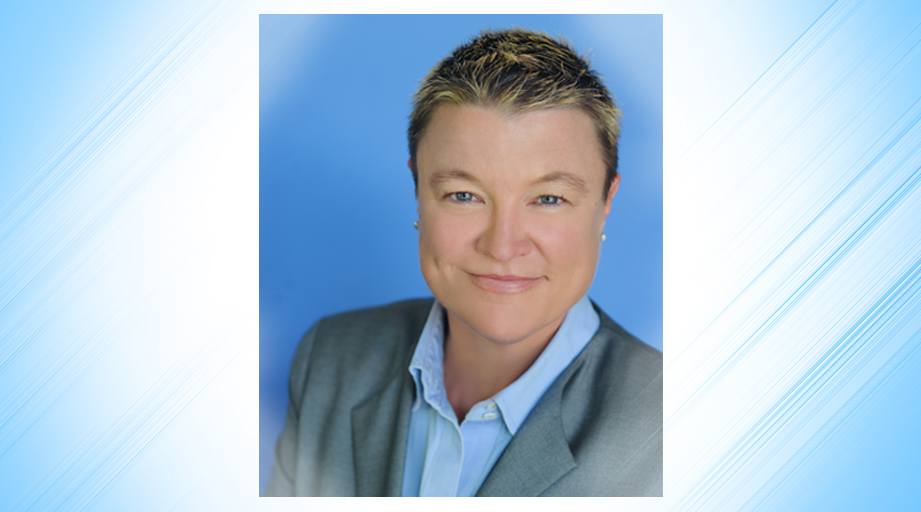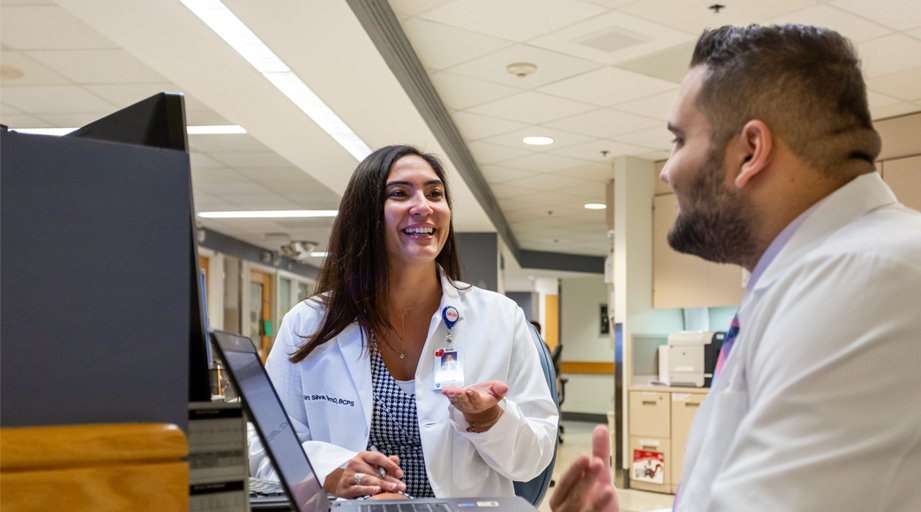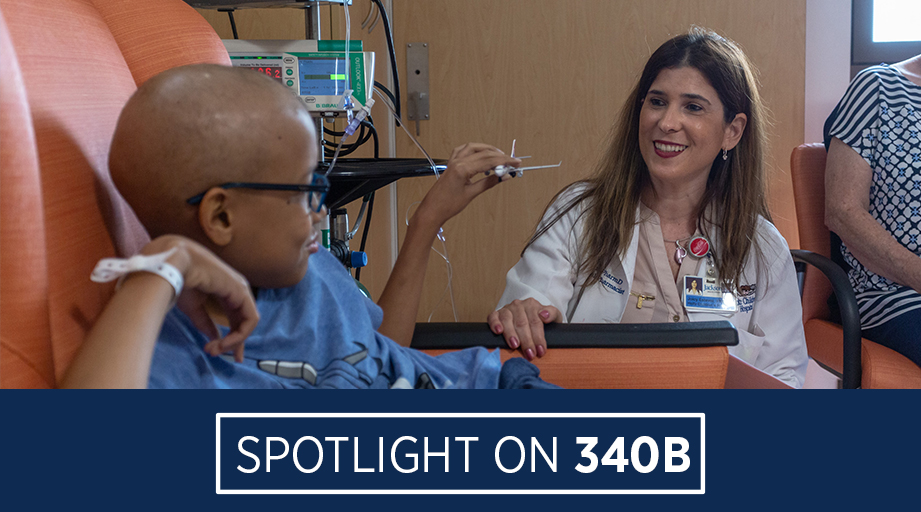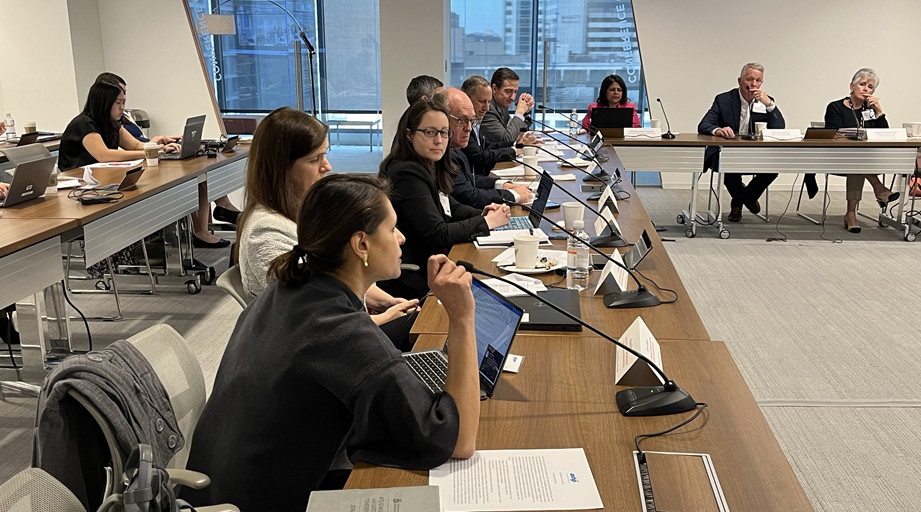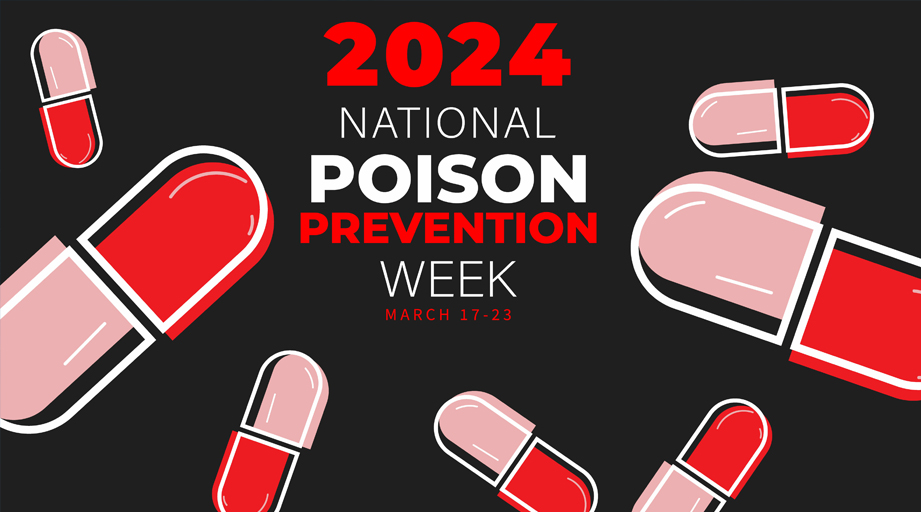
For 15 Americans who boarded the Diamond Princess cruise ship in Tokyo in January, an extended stay in Omaha, Nebraska, wasn’t on the planned itinerary.
But they ended up at the University of Nebraska Medical Center (UNMC) — thanks to the presence on the ship of SARS-CoV-2, the coronavirus responsible for the growing worldwide pandemic of COVID-19 disease.
One of the patients is the first on U.S. soil to be enrolled in a clinical trial of remdesivir, an investigational drug from Gilead Sciences that was previously studied for the treatment of Ebola virus disease (EVD).
 Lori Murante, director of pharmaceutical and nutrition care for Nebraska Medicine, encouraged all hospitals to have a general process in place to quickly enroll patients in clinical trials, including the remdesivir study.
Lori Murante, director of pharmaceutical and nutrition care for Nebraska Medicine, encouraged all hospitals to have a general process in place to quickly enroll patients in clinical trials, including the remdesivir study.
“Be prepared at any time to stand up any protocol,” Murante suggested.
She said it’s critical, during a fast-moving situation like the COVID-19 pandemic, to ensure that preparedness plans address the use of investigational drugs. In particular, she said, the plans should define the roles and responsibilities of the institution’s Pharmacy and Therapeutics Committee and Institutional Review Board in authorizing and acquiring investigational drugs.
“That’s a piece where pharmacy could assist in getting people prepared,” Murante said. “You can’t always predict every little piece of the protocol or the trial. But you can at least get the ball rolling if you have a specific plan.”
The Adaptive COVID-19 Treatment Trial, sponsored by the National Institute of Allergy and Infectious Diseases, is a three-year, multicenter, placebo-controlled trial to evaluate the safety and efficacy of remdesivir and, potentially, other investigational drugs, in adults hospitalized with a COVID-19 diagnosis.
Only patients who are seriously ill with lung involvement are eligible to participate in the study. Three UNMC patients had been enrolled through March 8.
The treatment consists of a 200-mg intravenous dose of remdesivir or IV placebo administered on day one followed by 100 mg of the drug or placebo administered daily for up to 10 days while the patient is hospitalized. Monitoring and patient follow-up continue through day 29, according to the study description posted at clinicaltrials.gov.
Murante said the study protocol was finalized before the first UNMC patient was deemed eligible, so the healthcare team was able to quickly review and approve the patient’s enrollment.
That wasn’t the case when the medical center was caring for patients with EVD in 2014.
“Ebola ... was truly an emergent protocol; the protocol wasn’t written. We had ... the drug, but it was not in a form we would normally have it,” Murante recalled.
In all, the medical center cared for three patients during the EVD outbreak, providing supportive care and, when appropriate, investigational treatments.
The medical center’s role at the forefront of the response to EVD and COVID-19 is the result of a collaboration among UNMC, Nebraska Medicine, and the Nebraska Department of Health and Human Services to invest in public health infrastructure.
The collaboration led to the 2005 opening of the Nebraska Biocontainment Unit (NBU), a dedicated space for the treatment of patients affected by bioterror agents or extremely hazardous infectious diseases.
The NBU can house up to 10 seriously ill patients and has most recently been in use since February 17, when a group of former Diamond Princess passengers arrived at the facility for observation and treatment.
Most of the former passengers didn’t require the level of care available in the NBU. Instead, they were housed in the 20-room National Quarantine Unit, a separate space located about a block and a half from the NBU, said Paul Baltes, communications director for Nebraska Medicine.
“The infectious disease team has taken the approach that, depending on the clinical needs of the people there, we’re going to move them back and forth as needed” between the two units, Baltes said. “Any person in the biocontainment unit may not need [intensive care unit] support, but they need something more, based on their symptoms, than what is available in the quarantine center.”
He said the National Quarantine Unit was created in the aftermath of the 2014 EVD outbreak, when the organizational leadership recognized that the United States needed dedicated space to safely isolate and monitor people who are exposed to a dangerous infectious disease but aren't seriously ill or don't have a confirmed infection.
From an administrative view, Baltes said, people in the quarantine unit are essentially “guests” in space that resembles a dormitory or small hotel room.
But people in the biocontainment unit are considered hospital inpatients, he said.
Since there’s no Food and Drug Administration-approved vaccine or medication for the treatment of COVID-19 patients, supportive therapy is the current standard of care.
“For the most part, this is a really bad cold or influenza-type illness,” said Scott Bergman, pharmacy coordinator for antimicrobial stewardship at the medical center.
 Bergman said the infectious disease team is recommending throat lozenges, guaifenesin, and fever suppressants, such as acetaminophen and ibuprofen, to help the COVID-19 patients feel better.
Bergman said the infectious disease team is recommending throat lozenges, guaifenesin, and fever suppressants, such as acetaminophen and ibuprofen, to help the COVID-19 patients feel better.
“IV fluids aren’t highly recommended, according to the World Health Organization. This is a respiratory illness, and giving too many fluids to a patient can overload their lungs,” he noted. Bergman also said sepsis and hypokalemia, which were a concern during the EVD outbreak, haven’t been an issue for the COVID-19 patients.
Melissa Welch, central operations manager for UNMC, said the pharmacy hasn’t needed to take special precautions to get medications to the COVID-19 patients in the NBU. She said pharmacy technicians have access to the units and can stock the automated dispensing cabinets and perform other functions.
When the NBU housed EVD patients, she said, pharmacy staff removed any staples from the medication packaging to reduce the risk of skin punctures and took other steps to minimize the nursing staff’s need to manipulate medications. Welch said pharmacy technicians placed medications in a “drop zone” outside of the NBU.
For COVID-19, she said, “we do follow the lead of the nursing staff. If there’s a certain door they want us to enter, we’ll enter through that door. But we’re staying within what they call the ‘safe zone’ area for our staff.”
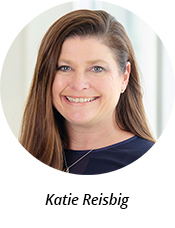 Katharine Reisbig, critical and acute care clinical pharmacy services manager for Nebraska Medicine, said the healthcare team learned during the EVD response that the standard code cart configuration isn’t optimal for the NBU.
Katharine Reisbig, critical and acute care clinical pharmacy services manager for Nebraska Medicine, said the healthcare team learned during the EVD response that the standard code cart configuration isn’t optimal for the NBU.
A better option, she said, is to create “mobile kits to take into rooms so that you’re not discarding as many things if you take them into the ‘hot zone.’”
No former cruise ship passengers remained in the NBU as of March 11. But two new, seriously ill patients unconnected with the Diamond Princess are now receiving care in the NBU.
The pharmacy team is preparing for additional COVID-19 cases, including a worst-case scenario pandemic with large numbers of patients needing care when many hospital staff members are ill or caring for family members.
“We’re working from our pandemic flu plan ... in terms of determining what is really critical staffing,” explained Clinical Pharmacy Manager Colleen Malashock.
“Right now we’re staffed heavier during the day shift and lighter in the evenings, and even lighter overnight. So we’re anticipating that if we got to those critical levels, then we would need to be more of a 24-hour model,” she said.
Murante acknowledged that maintaining staff levels to care for a large influx of COVID-19 patients and people who need care for other illnesses will be challenging and require creative thinking.
“Right now with our biopreparedness plan, we’re making sure we have adequate staff in all the places that we can’t cover remotely,” she said. “But we still have to have somebody here making product and getting it to where it needs to be.”
Murante said the plan also has to account for mundane operational details, such as ensuring that someone onsite at the hospital always knows how to override the automated dispensing units, if necessary.
“We have to think these things through. We don’t want total chaos,” she said.
For more information and free tools regarding COVID-19, visit ASHP’s COVID-19 Resource Center."


